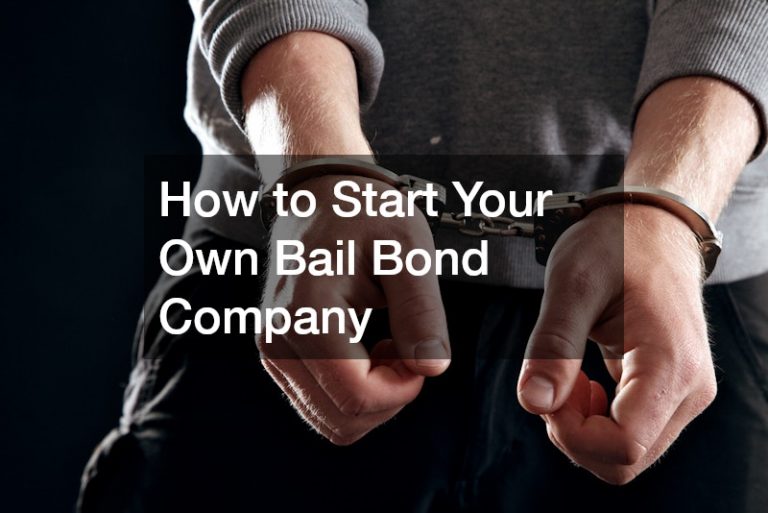While divorce can be an extremely stressful time, it’s important to remember that the judge presiding over your case isn’t out to get you or to make your life more complicated than it already is. They’re merely trying to ensure that both you and your spouse are treated fairly and decisions are made in the best interest of your children if you have any.
If you’re about to go through a divorce, the next few months are going to be hard on you both emotionally and financially. You and your spouse will have to decide how to divide your marital assets, and one of those decisions may involve your business. If that’s the case, here’s what you can expect when the court divides your business during divorce.

The court will divide both businesses, including their assets.
Anything you brought into your marriage and anything that has been appreciated during your marriage is separate property. If a business’ value increases during your marriage, it will be considered marital property. It will be divided according to each party’s contribution to its success. In cases where one spouse made all of or most of that business’s profits, they will receive a larger share than the other would.
A judge can award sole ownership of a successful company to one spouse based on her contributions; however, it is extremely rare. Business experts often say that getting divorced is akin to winding down a partnership. Your marital assets are treated like any other business joint venture in many ways. That said, businesses acquired after you married may be treated differently depending on when they were purchased.
If you built your business before marriage, it’s likely that its value is considered separate property and not subject to division in a divorce. That said, if you were married for some time and you didn’t contribute any additional capital to your business after marriage, it might be considered marital property and thus be divided between spouses.
If the business was a gift or an inheritance, it belongs to you alone.
State law will typically protect your rights as an individual and prevent a business gift from being taken by a former spouse during a divorce. If a business was a gift or inheritance, it’s yours alone.
In that case, you don’t have to worry about dividing ownership and profits with your soon-to-be-ex. However, if your spouse owned part of your business or worked for you during the marriage, a court may see things differently. In these cases, you and your spouse may need to negotiate an agreement on how much is fair for them to take post-divorce.
If you started a company with your spouse, they have an interest in it, too.
Unless you set up a family-limited partnership, your spouse owns an equal stake in your business. However, when a couple divorces, most states have laws that say what’s yours is yours and what’s theirs is theirs. It means that your business will probably be part of any divorce settlement. The goal of dividing assets during divorce is fairness; however, determining who should get what isn’t always easy, even if it seems like splitting assets should be straightforward. You each worked hard to build it, so why shouldn’t you each walk away with half? It doesn’t work that way, though.
Businesses are divisible by law, even if they’re unincorporated.
All businesses are subject to division during divorce, even if they’re operated as sole proprietorships or partnerships. Even if you operate your business under an LLC or corporation, it can still be divided—this is especially common in businesses with multiple owners. And there’s a lot at stake since a successful business can significantly impact your wealth and future earning potential.
What about same-sex couples sharing a business?
If a same-sex couple shares ownership of a business but undergoes a divorce, they may also need to decide how to divide up their assets. One spouse may take over as sole owner. It’s also possible that a decision will be made for one partner to continue running their portion of operations, with the other serving in an advisory role or even selling their interest to move on from that chapter of life.
Or, it may be decided that both partners want equal control. The specifics of how property is divided during divorce are determined by state law. In some states, judges have broad authority to award property without following any guidelines at all. These states are called equitable distribution states because they recognize that marital property should be divided fairly rather than equally. Other states fall under community property laws, which divide property equally and typically classify spouses as having equal rights in each other’s income and jointly owned properties like businesses. There are many experienced same-sex divorce attorneys if you feel you might be better off hiring one. Or if you think you want to shorter the process and want someone qualified to handle same-sex couples, just contact a lawyer that can.
Final Thoughts
If you want your business to survive and thrive after divorce, it’s essential to go into a break-up with a game plan. In addition to understanding what factors courts look at when dividing a company, there are other steps divorcing couples can take to maintain control over their shared work in building a successful business.







